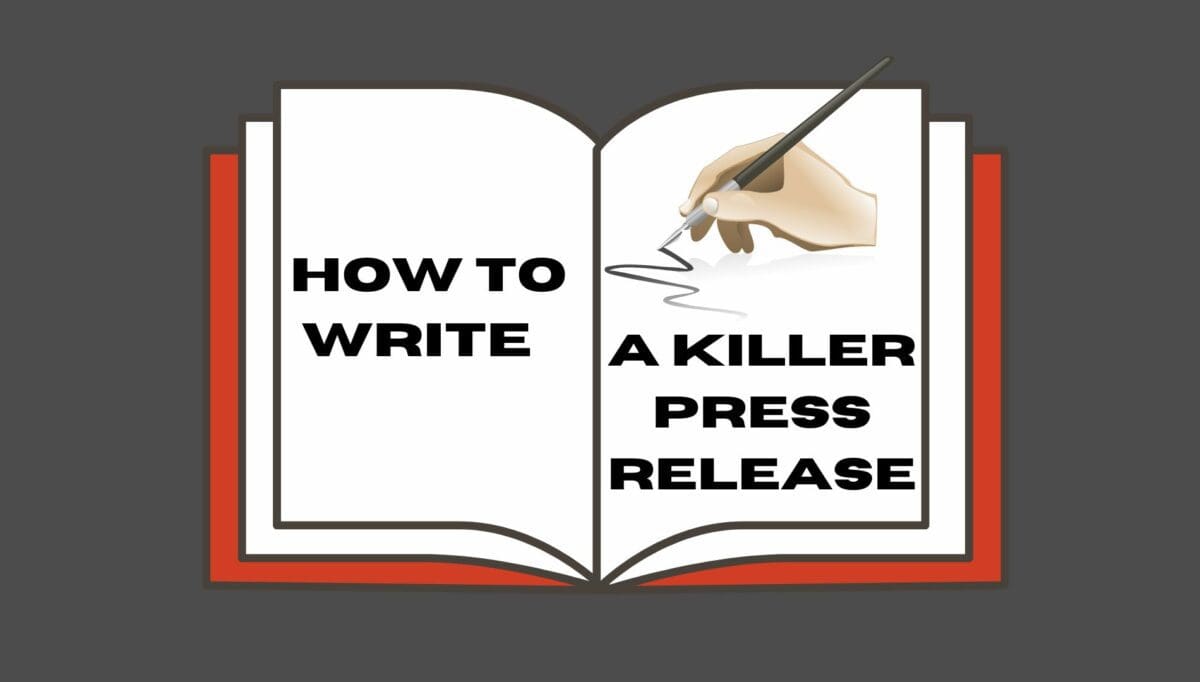By Tamarin Fountain
Do you feel like you’re not always in full control of your vocals when singing? Perhaps you find yourself taking an involuntary inward sigh.
You may be wondering why you yawn when you sing. It can be due to a number of factors, such as fatigue and boredom, but often it’s a physiological reaction to the way your body is moving and the way your inhaling and exhaling. But there are ways to stop it.
In this article, we’ll explain how to use yawning as a vocal exercise, as well as how to prevent it while on stage. Read on to find out more.
Why do I yawn when I sing?
There can be a number of reasons you might yawn in general life, which we’ll cover later. But it may be that you are yawning specifically when singing. This is not unusual and it’s especially common among new singers when learning technique. When you sing correctly, it involves lifting your soft palate and depressing your larynx – in part mimicking the action of a yawn. Your brain is then confused and continues to a full yawn, although when singing you don’t need to follow through in this way.
Yawning is also visually contagious, meaning that if you spot an audience member doing it, you’re likely to involuntarily join in.
Is yawning good for singing?
Yes and no. While yawning is often used as a beneficial tool for warming up the voice, or releasing tension in the muscles used to produce sound, it’s not good during a performance. It’s not an attractive look on stage and could lead the audience to believe you’re overtired, or even bored. It also distorts the sound and pronunciation of lyrics. The key is to be able to control your yawning and use it only when you need it.
Why do I get sleepy when I sing?
Singing is a much more physically demanding activity than many people realise. It’s therefore normal to feel tired afterwards, especially when singing powerful tunes. If you’re struggling with excessive sleepiness, try opening a nearby window, make sure you’re hydrated, well (but not over) fed and are getting enough shut-eye at night.
How do I stop yawning when I sing?
So we’ve established that staring down the back of your tonsils while your face is scrunched and nostrils are flared, isn’t the best view for your fans. It’s even worse in the digital age, where a click of a smartphone at the wrong moment can mean an unattractive shot makes its way to Instagram.
Don’t despair, here are the practical steps you need to take before signing, that’ll keep those yawns at bay.
- Practice regularly. Your body and brain need to get into the habit of singing without yawning.
- Do breathing exercises for a good five minutes before you begin singing.
- Include some yawn technique in your warm-up (we’ll go into this in more details shortly). This gets all those yawns out beforehand.
- Ensure you’re rested and have had some fresh air that day.
How do you stop yawning when singing?
And here are pointers to avoid yawning during a singing performance.
- Avoid looking at anyone who’s yawning. If you spot someone with a gaping mouth, look away!
- Be sure to breathe sufficiently when singing a song. If you run out of the air you’ll lose oxygen and crave a yawn. Learn how to take snatched breaths between phrases so you stay fired up.
- If you feel a yawn coming on, lower the soft palate and close your mouth a little.
The singing yawning method
Next, we’ll describe in more detail, how to use yawning to improve your voice.
We’ve said that you shouldn’t yawn whilst singing. And while that’s true, there is an exception to this rule. If you’re trying to open your voice and develop a richer tone, yawning while mid sing, is a great exercise. Sing a note and then begin to yawn, stopping before you peak and listen to how it changes the tone. Now you know how to create this effect, you can use it in a subtle way to add dynamics to your vocal performance.
Yawn sigh technique steps
You may have heard of the yawn-sigh technique. This is a great exercise to promote a lovely fluidity to the voice and enhance your tone. Follow this how-to video to learn it.
Does yawning give you a deeper voice?
While yawning won’t magically add to your lower register, it will help you access it. Try yawning and producing a note, as per the singing yawning method. Chances are it’s a low one. This helps you understand on a practical level, the parts of your anatomy that need to be engaged to reach lower notes. Yawning can also help you reach high notes, by using it to help release tension and create a flow.
After reading this article you’re probably itching for a good yawn. Do include the exercises we’ve mentioned, in your daily routine, but be sure to follow our tips to keep your performances yawn-free.
Related Questions
- How do you control breathing when singing?
Practice. Singers must build diaphragmatic and core strength and learn how to release air slowly, not all at once. The muscles must be worked on a regular basis with frequent breathing exercises building up the count on in and out-breaths.
- Why do I get light headed when I sing?
For beginners, taking big breaths and holding onto notes can cause lightheadedness. Seasoned singers may find too, this when going high or bringing more power to a song. Take a rest and sit down straight away if you feel dizzy. If your lightheadedness persists or is acute, seek a doctor’s advice.
- Why do I yawn so much?
If you find you’re yawning all the time – not just when singing, then it may be for a couple of reasons. You might be in a stuffy room and be lacking oxygen, in which case go outside for some fresh air when possible. Or it may be a lack of sleep, so get some early nights and naps in.
Do you yawn when you sing? Or perhaps you use the yawn sigh technique? Let us know how it has impacted your performances, in the comments below.










